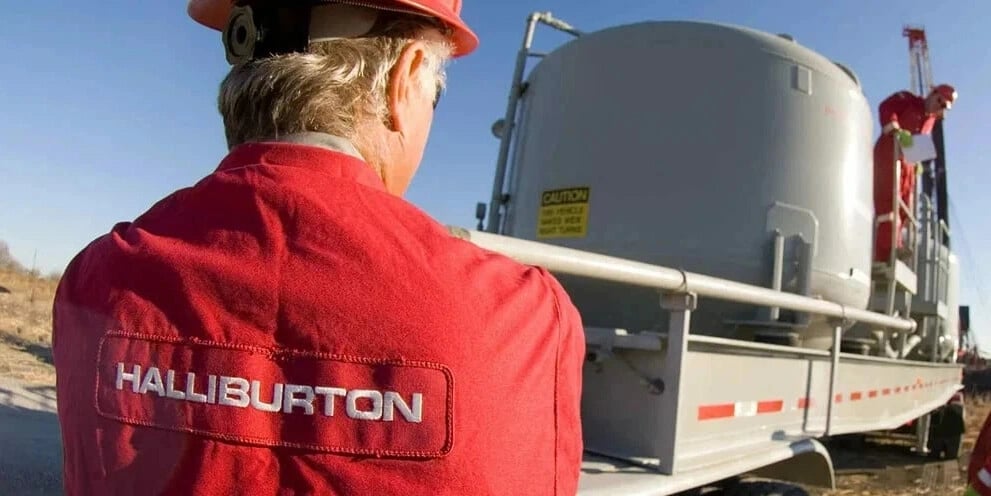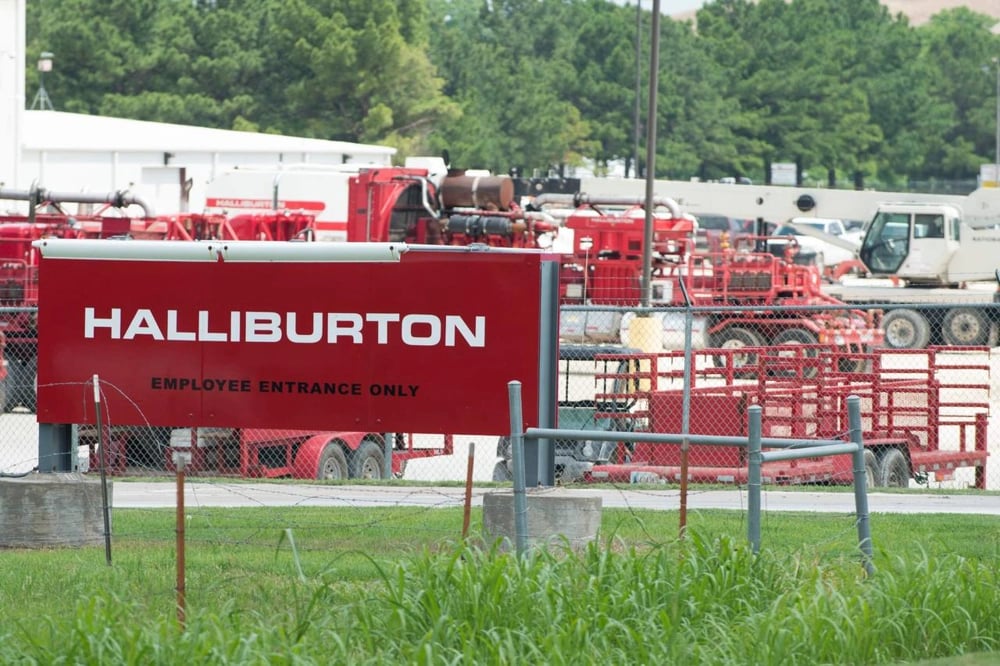Halliburton Co Stock Decline: Causes and Consequences
Recent news from the investment world has focused attention on Halliburton Co $HAL, the largest provider of hydraulic fracturing services globally. The company's stock experienced a sharp decline after a warning about the impact of rising tariffs on its business segments, raising concerns among analysts and investors alike.
Impact of Tariffs on Halliburton's Business
During a conference call on Tuesday, Halliburton's management informed investors that they expect an increase in tariffs of 2 to 3 cents per share in the second quarter of this year. Notably, 60% of this increase will affect the company's completion and production division, which includes its hydraulic fracturing operations. The remaining 40% of the tariff influence will be felt in the drilling and evaluation segment.
Key Points of the Tariff Warning
Tariff increase is anticipated to be between 2 to 3 cents per share;
60% of the impact will affect the completion and production division;
The remaining 40% will influence the drilling and evaluation segment.
This announcement negatively impacted Halliburton's stock, which has lost about 25% of its value since the beginning of the year. The company recognizes that clients are seeking ways to adapt to the new reality, but this situation is not enhancing market confidence.

Stock Decline
Following the announcement, Halliburton shares dropped by 5.8% as investors reacted to the news, resulting in the stock falling to a new low at 11:54 AM in New York. This downward trend has signaled potential long-term challenges for the business.
Important Insights for Investors
Customers are proactively adapting to the changing conditions;
CEO Jeff Miller noted that clients are better prepared for an industry downturn compared to previous years;
Tariff-related issues may pose a long-term challenge for Halliburton and the broader industry.
Company Strategy Amid New Challenges
The changing market landscape compels Halliburton to reassess its strategies for improving efficiency. Key components of adapting to market conditions include:
Optimizing production and service processes;
Enhancing client engagement to develop joint strategies;
Conducting thorough financial risk analysis related to tariffs and external factors.
Such proactive measures may help the company mitigate the potential consequences of changing tariff regulations.

Future Outlook
As a result of recent events, Halliburton faces several challenges that could reduce its competitiveness in the market. Nevertheless, the planned measures for adaptation and ongoing collaboration with clients may prove effective in the long run.
The decline in Halliburton Co's stock highlights the importance of understanding the effects of external economic factors on major market players. The company's future will depend on its ability to adapt to new market conditions and find ways to implement sustainable strategies amid a constantly changing tariff landscape.















Comments